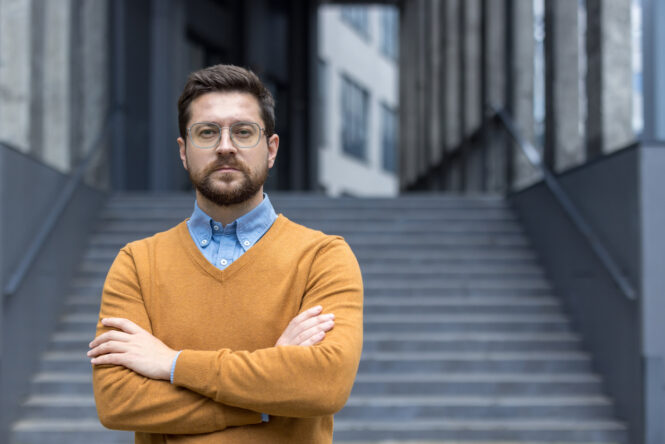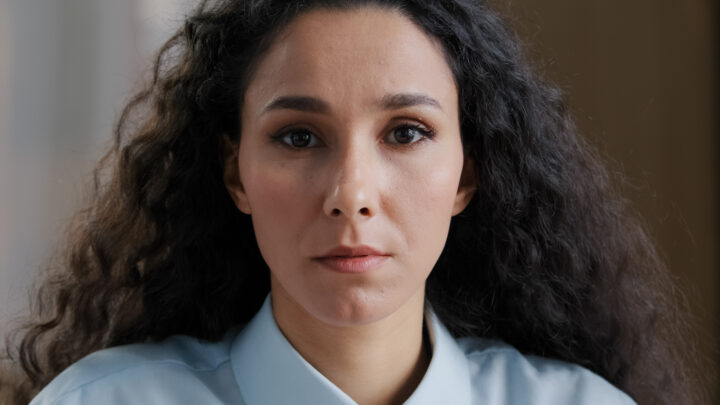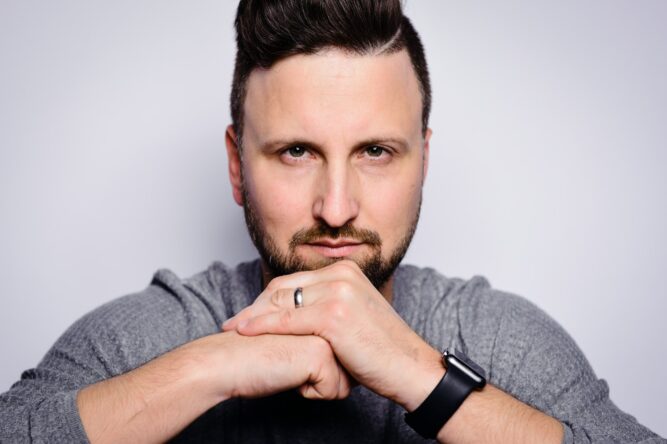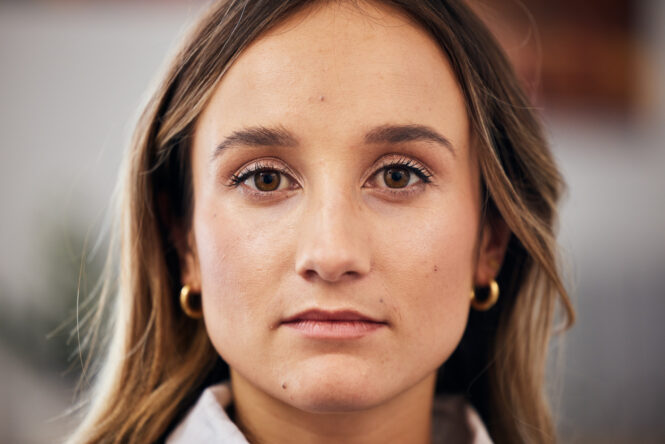The irony with perfectionism is that it promises high standards and great results, but more often than not, it just kills momentum.

Creative work needs space to be messy, uncertain, and full of detours. When you’re chasing perfection, you’re not giving yourself that freedom. You’re editing before you’ve started, doubting before you’ve explored. As a result, you keep yourself from experiencing true creative freedom, and that’s sad. Here’s why perfection is the ultimate creativity killer—and some better ways to work instead.
1. You obsess over getting it “right” before you even begin.

If your first thought before starting something is, “What if it’s not good enough?”—you’re already trapping your creativity. You’re putting pressure on an idea before it even has a chance to grow. Instead, try starting messy on purpose. Get something—anything—out of your head and onto the page, canvas, or timeline. You can’t improve what doesn’t exist yet.
2. You waste energy fixing things that don’t need fixing.

Perfection makes you hyper-focus on tiny flaws—adjusting one line fifty times, tweaking colours no one else will notice, second-guessing everything. All of that energy could be going into creating more, not polishing endlessly. Try asking yourself: is this making the work better, or am I just trying to feel in control? Sometimes “done” is more powerful than “perfect.”
3. You measure your worth by the result, not the process.

When perfectionism takes over, it’s not just about doing something well—it’s about proving yourself through it. That turns creativity into performance, and every piece becomes a test. Flip the focus back to process. Ask yourself what you’re learning, how it feels to make this, and what it’s unlocking in you. That’s where growth happens, not in applause or approval.
4. You compare your rough draft to someone else’s final product.

One of the worst things perfectionists do is scroll through polished work online and think, “Why doesn’t mine look like that?” You forget that what you’re seeing is the finished version, not the 37 messy drafts that came before. Instead of comparing outcomes, compare effort. Ask yourself if you’re showing up, experimenting, trying again. That’s the only benchmark that really matters.
5. You avoid risks that might lead to failure.

Creativity needs risk. It thrives in “what ifs,” failed experiments, weird choices, and unexpected turns. But perfectionism makes you avoid anything that could go wrong, even though those are often the things that lead to breakthroughs. Make it your goal to try something that might not work. The failure might teach you more than playing it safe ever could.
6. You get stuck in planning mode forever.

Perfectionists often live in prep mode—thinking, researching, outlining, waiting for the “right” time to begin. You stay busy without actually making anything. Set a timer, lower your standards, and just start. Even if it’s bad. Especially if it’s bad. Creativity starts with motion, not mastery.
7. You can’t let go of control.

Creative work can’t always be predicted or managed. Sometimes it takes you somewhere totally unexpected. But perfection wants certainty, not surprise—so you end up resisting the natural flow of the work. Try surrendering to the weirdness. Follow the impulse, even if it doesn’t make sense yet. Control can come later, during editing. The first stage is for curiosity, not correctness.
8. You hold back ideas that feel too “weird” or “unfinished.”

Some of your best work might start out as something strange or unpolished. But if you’re focused on being perfect, you’ll reject those ideas too early, before they get a chance to grow into something great. Keep a space for wild, unfinished, messy ideas. Let them sit. Let them breathe. Perfection wants to tidy too soon—creativity needs room to be weird first.
9. You don’t let yourself enjoy the process.

Perfectionism often strips the joy out of creating. Instead of feeling engaged or inspired, you feel tense, frustrated, and stuck. The fun part—the play—is gone. Try making something with no intention of sharing it. No brief, no pressure. Just create for the sake of creating. That change alone can reignite your spark.
10. You delay finishing out of fear it won’t be “good enough.”

Some people think perfectionism means finishing things beautifully. But often, it means never finishing at all. You sit on a project for ages, tweaking and second-guessing until it loses all momentum. Set a deadline, and honour it. Not to force quality, but to break the habit of holding onto things too long. Progress doesn’t come from hoarding work—it comes from sharing it and moving on.
11. You define success too narrowly.

If success only looks like viral praise, flawless execution, or mass approval, you’ll never feel like your work is enough. That mindset kills creative risk and keeps you small. Redefine success as growth, exploration, and honesty. Did it challenge you? Did it teach you something? Then it counts, even if no one claps.
12. You lose your unique voice trying to meet external standards.

When perfection takes over, you start writing or creating what you think you should, rather than what you genuinely want. You aim to impress instead of express, and the work ends up feeling hollow. Try tuning out the imaginary audience and asking: what feels true to me? That question brings you back to your own voice—one that doesn’t need to be flawless to be powerful.
13. You burn out trying to make everything excellent.

Perfectionism is exhausting. It pushes you to overwork, over-edit, and overthink, until there’s no energy left for play or flow. Plus, when creativity starts feeling like pressure instead of pleasure, it fades. Try making room for “good enough.” Let some things be rough, quick, or silly. Not everything has to be your best. Sometimes, being consistent is the most creative thing you can do.




